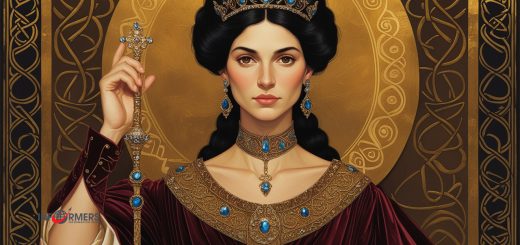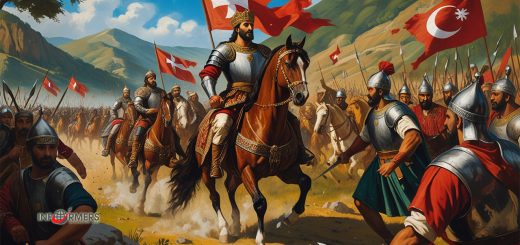Muhammad Ali is one of the outstanding athletes of the 20th century.

Muhammad Ali, born January 17, 1942 in Louisville, Kentucky, was an American boxer and one of the most successful athletes of the 20th century. Here is a brief description of his life:
Childhood and early career:
Muhammad Ali was born Cassius Marcellus Clay. His interest in boxing began as a child and he began training in the sport at the age of 12. His talent was noticed and he started winning various competitions.
Gold medal at the 1960 Olympics:
Clay won the lightweight gold medal at the 1960 Summer Olympics in Rome. This was his first serious success.
Transformation in Muhammad Ali:
After the Olympics, Clay announced that he had joined the Nation of Islam and adopted a new name: Muhammad Ali. This decision attracted a lot of attention and became part of his unique personality.
Heavyweight World Champion:
Muhammad Ali won his first world heavyweight title in 1964, defeating Sonny Liston. This battle became known as the phrase “Flying Butterfly, Sting”.
Refusal to serve in the army:
In 1967, Ali refused to serve in the US Army because of his religious beliefs and his belief that the Vietnam War was unjust. This led to his arrest and stripping of the world title.
Return and Triumph:
In 1970, the US Supreme Court overturned his conviction and Muhammad Ali returned to boxing. In heavyweight, he won the world title twice more.
Recent years and the fight against the disease:
Ali ended his career in 1981. At the end of his life, he developed Parkinson’s disease, which significantly limited his physical abilities.
Respect and Legacy:
Muhammad Ali left an indelible mark on the world of boxing and society as a whole. His fight for civil rights, unparalleled athletic achievements and charisma made him a legend.
Fight with Joe Frazier:
The series of fights with Joe Frazier, known as the “title fight”, became one of the most famous in the history of boxing. These fights, including the “Fight of the Century” in 1971 and the “Trilogy of the Century” in 1971, 1974 and 1975, were epic and left an incredible impression on boxers and fans.
Artist and activist:
In addition to his sports career, Muhammad Ali also excelled as an artist and activist. He wrote poetry, participated in acting, and was a passionate supporter of civil rights and anti-racism.
Humanitarian activities:
Muhammad Ali was known for his charity work. He supported various foundations and organizations, including those involved in the research of diseases, including Parkinson’s.
Political influence:
His open expression of faith and participation in social movements made him an influential figure in politics. He supported African-American and social rights, and his words have remained an inspiration to many.
Postnatal recognition:
After the death of Muhammad Ali in June 2016, the whole world expressed deep regret. His funeral was a huge event, with thousands of people gathered to pay their respects to a great athlete and person.
Muhammad Ali will remain not only a boxing legend, but also a symbol of strength, endurance and the fight for justice



















